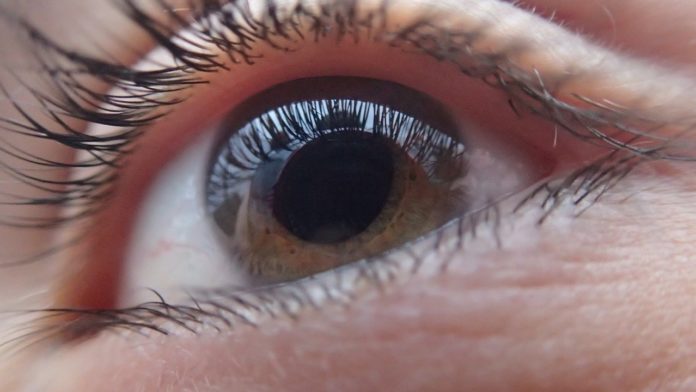Body’s own immune system destroys retinal cells in glaucoma, suggests new study
Glaucoma is a disease that affects nearly 70 million people worldwide but what causes the disease is still a mystery. Glaucoma gradually damages the retina and optic nerve and can lead to blindness.
A new study from MIT and Massachusetts Eye and Ear has found that glaucoma may in fact be an autoimmune disorder. In a study of mice, the researchers showed that the body’s own T cells are responsible for the progressive retinal degeneration seen in glaucoma. Furthermore, these T cells appear to be primed to attack retinal neurons as the result of previous interactions with bacteria that normally live in our body.
T cells are cells present in the blood that are crucial for immunity.
The discovery suggests that it could be possible to develop new treatments for glaucoma by blocking this autoimmune activity.
The discovery suggests that it could be possible to develop new treatments for glaucoma by blocking this autoimmune activity
“This opens a new approach to prevent and treat glaucoma,” says Jianzhu Chen, an MIT professor of biology, a member of MIT’s Koch Institute for Integrative Cancer Research, and one of the senior authors of the study, which appeared in Nature Communications.
One of the biggest risk factors for glaucoma is elevated pressure in the eye, which often occurs as people age and the ducts that allow fluid to drain from the eye become blocked. The disease often goes undetected at first and patients may not realize they have the disease until half of their retinal ganglion cells have been lost.
Most treatments focus on lowering pressure in the eye (also known as intraocular pressure). However, in many patients, the disease worsens even after intraocular pressure returns to normal. Dong Feng Chen, an associate professor of ophthalmology at Harvard Medical School and the Schepens Eye Research Institute of Massachusetts Eye and Ear found the same effect in studies with mice.
“That led us to the thought that this pressure change must be triggering something progressive, and the first thing that came to mind is that it has to be an immune response,” she says.



[…] Glaucoma is a disease that affects nearly 70 million people worldwide but what causes the disease is still a mystery. Glaucoma gradually damages the retina and optic nerve and can lead to blindness. READ MORE […]